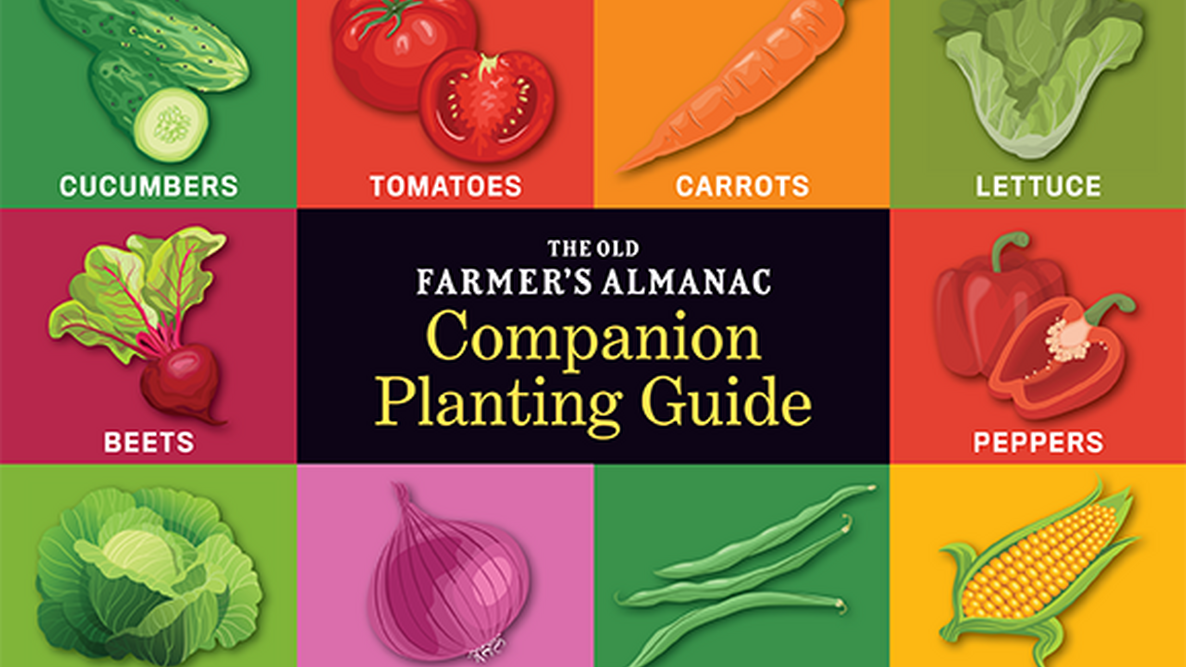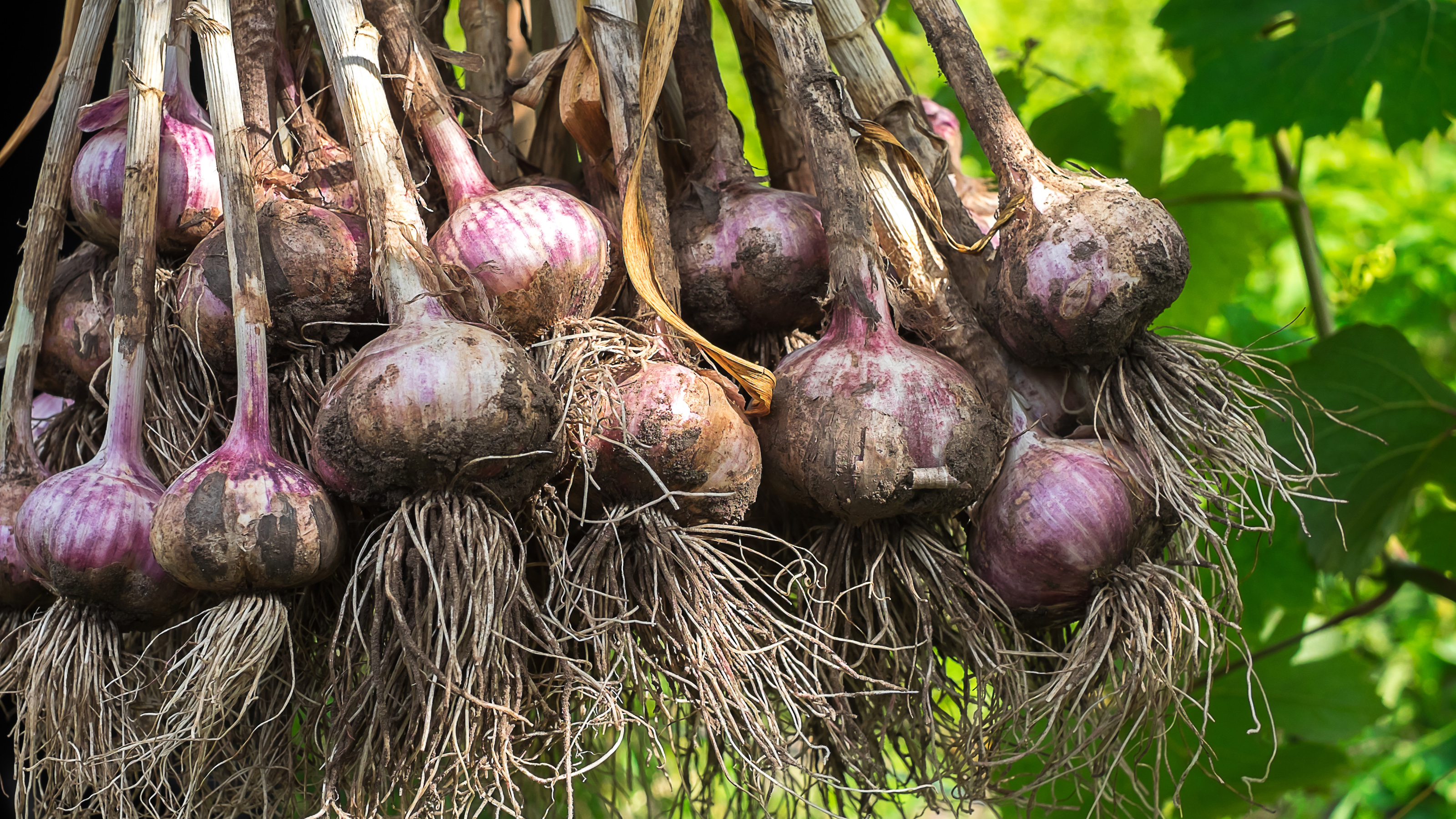Avoid These Bad Companion Plants For Onions
Avoid These Bad Companion Plants for Onions
Onions are a delicious and versatile vegetable that can be enjoyed in many different ways. They are also relatively easy to grow, but there are a few things you need to know about companion planting.
Companion planting is the practice of planting certain plants together to benefit each other. Some plants help to attract beneficial insects, while others help to repel pests. Some plants even improve the flavor of other plants.
However, there are also some plants that should not be planted together. These plants can compete for resources, attract pests, or even harm each other.
In this blog post, we will discuss the bad companion plants for onions. We will also talk about some of the best companion plants for onions, so you can create a thriving garden.
What are Bad Companion Plants for Onions?
There are a few plants that should not be planted near onions. These plants include:
- Alliums: Alliums are a family of plants that includes onions, garlic, leeks, and chives. Planting alliums together can lead to cross-pollination, which can change the flavor of the onions.
- Beans: Beans and onions compete for the same nutrients, so planting them together can stunt the growth of both plants.
- Asparagus: Asparagus and onions compete for the same space, so planting them together can lead to overcrowding.
- Sage: Sage can inhibit the growth of onions, so it is best to avoid planting them together.
What are Good Companion Plants for Onions?
There are many plants that make good companion plants for onions. These plants include:
- Carrots: Carrots and onions help to repel each other's pests, so planting them together can help to keep your garden pest-free.
- Brassicas: Brassicas, such as broccoli, cabbage, and cauliflower, help to attract beneficial insects that prey on pests that target onions.
- Tomatoes: Tomatoes and onions help to improve each other's flavor, so planting them together is a great way to get the most out of your garden.
- Peppers: Peppers and onions help to repel each other's pests, so planting them together can help to keep your garden pest-free.
- Lettuce: Lettuce and onions help to improve each other's flavor, so planting them together is a great way to get the most out of your garden.
How to Avoid Bad Companion Plants for Onions
To avoid planting bad companion plants for onions, it is important to do your research before you start planting. There are many resources available online and in libraries that can help you learn about companion planting.
Once you know which plants are good and bad companions for onions, you can start planning your garden accordingly. Be sure to plant onions away from alliums, beans, asparagus, and sage.
You can also help to prevent problems by rotating your crops. This means planting different types of plants in the same spot each year. This will help to prevent the buildup of pests and diseases.
Conclusion
Companion planting is a great way to improve the health and productivity of your garden. By planting the right plants together, you can help to attract beneficial insects, repel pests, and improve the flavor of your vegetables.
If you are growing onions, be sure to avoid planting them with alliums, beans, asparagus, or sage. These plants can compete for resources, attract pests, or even harm each other.
Instead, plant onions with carrots, brassicas, tomatoes, peppers, or lettuce. These plants will help to improve the growth and flavor of your onions.
By following these tips, you can create a thriving garden that is full of delicious and healthy vegetables.
Onions are a delicious and versatile vegetable that can be grown in many different climates. However, there are some plants that should not be planted near onions, as they can stunt their growth or negatively affect their flavor.
Some of the worst companion plants for onions include:
- Peas: Peas and onions compete for the same nutrients, so planting them together can stunt the growth of both crops.
- Beans: Beans also compete with onions for nutrients, and they can also release a toxin that can damage onion roots.
- Asparagus: Asparagus and onions release chemicals that can inhibit each other's growth.
- Sage: Sage and onions have different soil pH requirements, so planting them together can lead to nutrient deficiencies in both plants.
If you're planning to plant onions in your garden, it's important to avoid these bad companion plants. For more information about which plants are good and bad companions for onions, you can visit Gardenia Inspiration.
FAQ of bad companion plants for onions
FAQ: Bad Companion Plants for Onions
Onions are a popular garden vegetable, but it's important to know which plants they should be planted near. Some plants can actually harm onions, so it's important to avoid planting them together.
Here are the 5 most frequently asked questions about bad companion plants for onions, along with valuable insights and solutions:
1. What are some bad companion plants for onions?
Some bad companion plants for onions include:
- Beans: Beans can attract the same pests as onions, such as onion maggots.
- Celery: Celery can suppress the growth of onions.
- Fennel: Fennel can repel beneficial insects that help to protect onions from pests.
- Leeks: Leeks, garlic, and shallots are all related to onions and can attract the same pests.
- Potatoes: Potatoes can harbor the same diseases as onions.
2. Can I plant onions next to each other?
Yes, you can plant onions next to each other. In fact, onions are very good neighbors and can help to deter pests. However, it's not a good idea to plant different types of onions next to each other, as this can attract pests.
3. What are some good companion plants for onions?
Some good companion plants for onions include:
- Carrots: Carrots can help to repel carrot fly, a common pest of onions.
- Cucumbers: Cucumbers can help to improve the flavor of onions.
- Lettuce: Lettuce can help to suppress weeds and improve the drainage of the soil around onions.
- Peas: Peas can help to improve the nitrogen content of the soil around onions.
- Spinach: Spinach can help to repel aphids, a common pest of onions.
4. What are the benefits of companion planting with onions?
There are many benefits to companion planting with onions, including:
- Disease and pest control: Companion plants can help to deter pests and diseases that can damage onions.
- Improved growth and yield: Companion plants can help to improve the growth and yield of onions.
- Improved soil health: Companion plants can help to improve the soil health around onions, which can lead to healthier plants.
5. How do I avoid planting bad companion plants with onions?
To avoid planting bad companion plants with onions, it's important to do your research before you plant. There are many resources available online and in libraries that can help you to identify good and bad companion plants. You can also ask your local nursery for advice.
Image of bad companion plants for onions
- Beans: Beans can compete with onions for nutrients, and their roots can release chemicals that inhibit onion growth.

- Cabbage: Cabbage and other brassicas can attract the same pests as onions, so planting them together can increase the risk of infestation.

- Carrots: Carrots and onions have similar root systems, so planting them together can stunt their growth.

- Garlic: Garlic and onions are both members of the allium family, and planting them together can reduce their productivity.

- Potatoes: Potatoes and onions can attract the same pests, so planting them together can increase the risk of infestation.
Post a Comment for "Avoid These Bad Companion Plants For Onions"